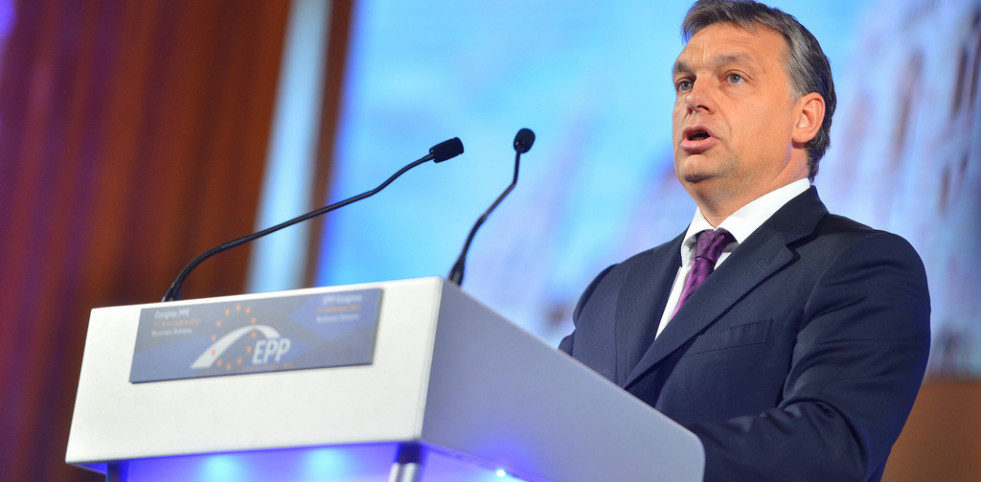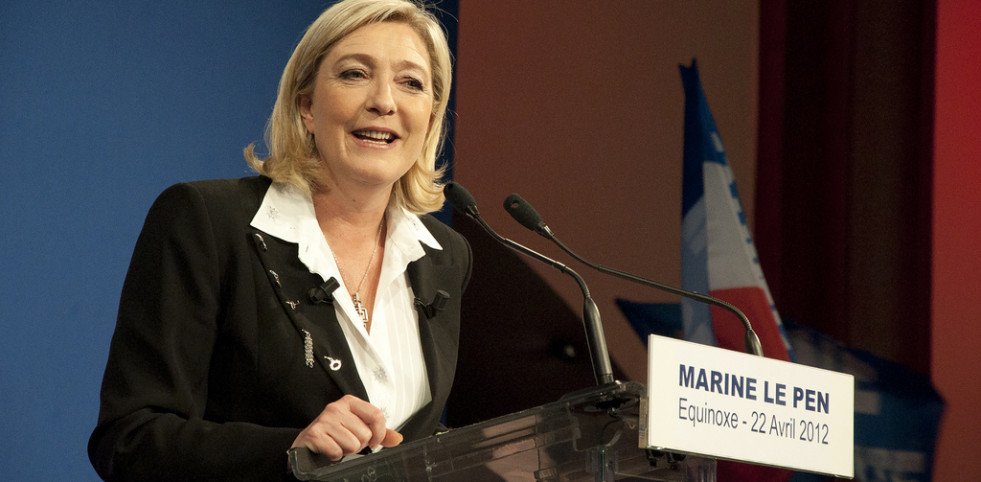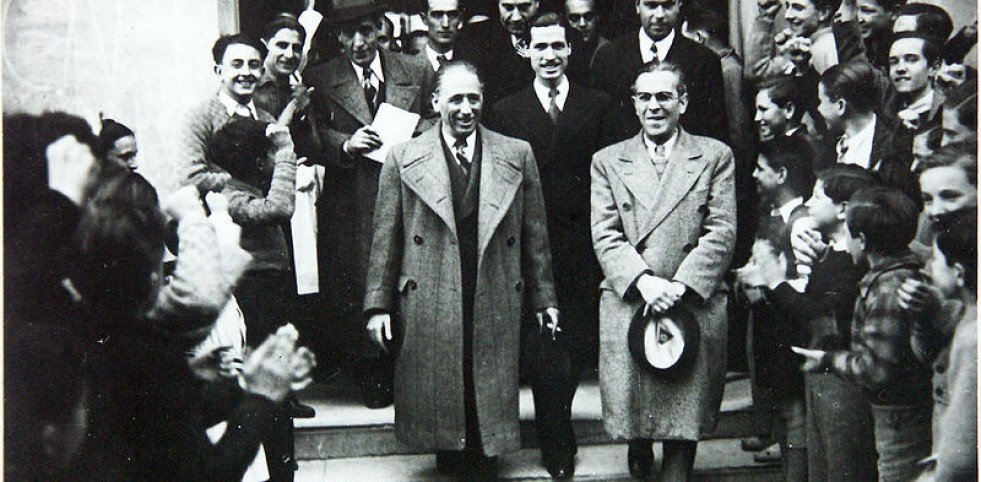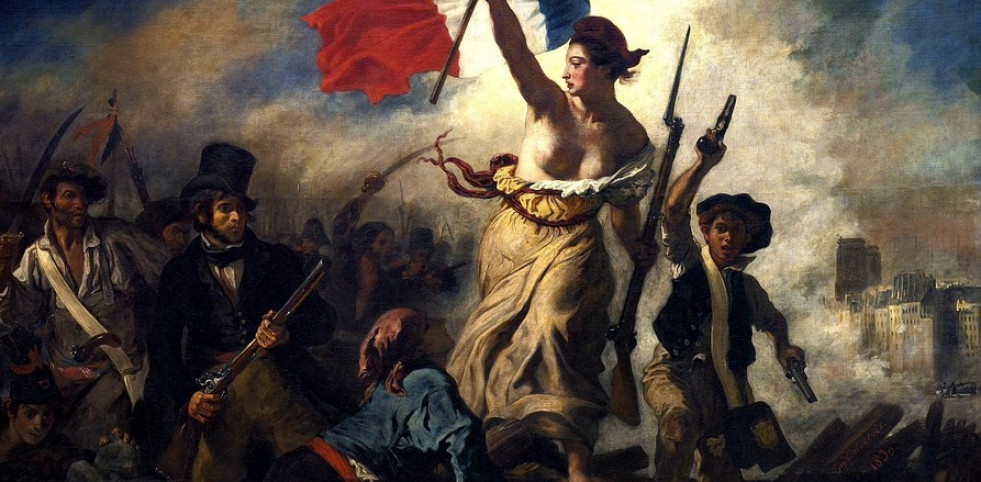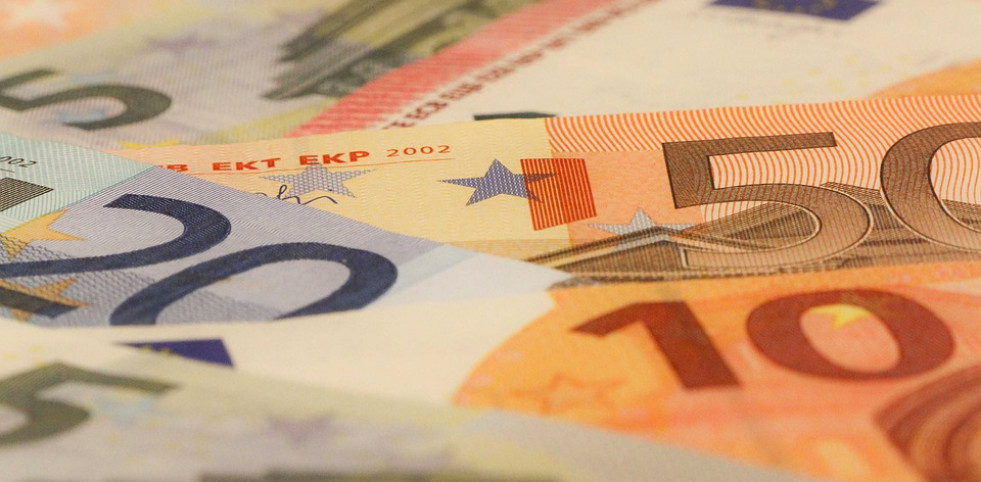news
That our continent is going backwards is nothing new.
In Europe we have been witnessing a rebirth of nationalisms that threaten the political stability of democracies and the integration process itself.
Europeanization aims at the integration of their nation-states in favour of continental political union.
For years, populism has sat at the top table of the heads of state and government of the European Union.
In 2004, the political scientist Cas Mudde defined populism as the spirit of the time in Europe.
Nationalism and Populism are two issues that have gained general interest in this stage of history, characterized by globalisation.
Nation is an ambivalent term whose meanings have basically gone from a cultural community to a political object that enjoys sovereignty.
Politics in polyarchies today seems to pivot around two major trends: on one hand, the establishment Political Parties, and on the other, the anti-system.
Nationalism as a mass political phenomenon is something quite recent.
Populism, nationalism and the ultra-right have resurfaced again in much of the so-called civilized world.
The current Catalonian independence movement, like most of these processes, has its origin in economic causes.
The financial aid to the press in France goes back to the French Revolution in 1769, with the establishment of privileged postal rates.
Jordi Pujol ordered the Editorial of a document that has been followed until we have now reached the current situation.
THE ECONOMY JOURNAL
THE ECONOMY JOURNAL ALL RIGHTS RESERVED
Aviso legal - Política de Cookies - Política de Privacidad - Configuración de cookies




